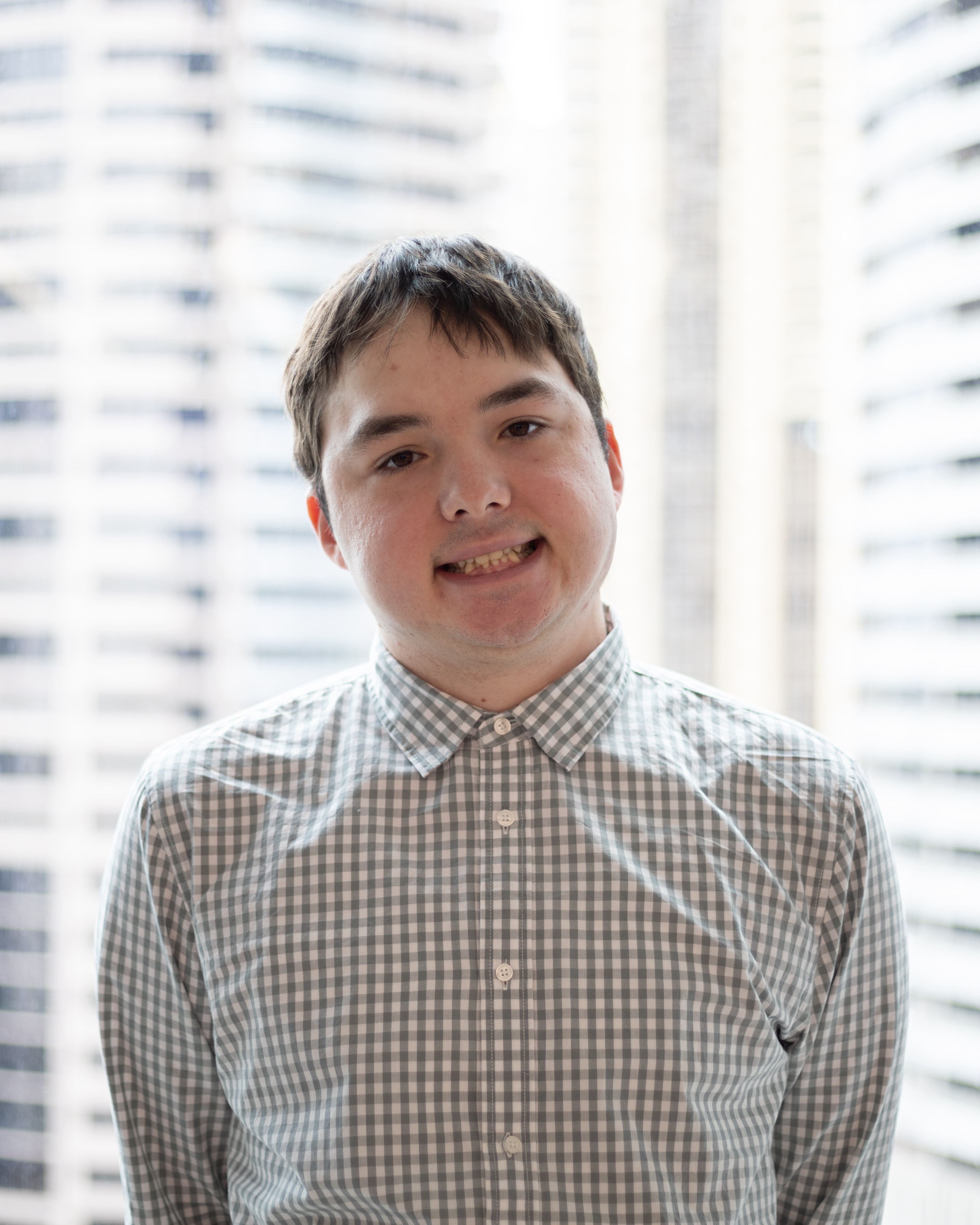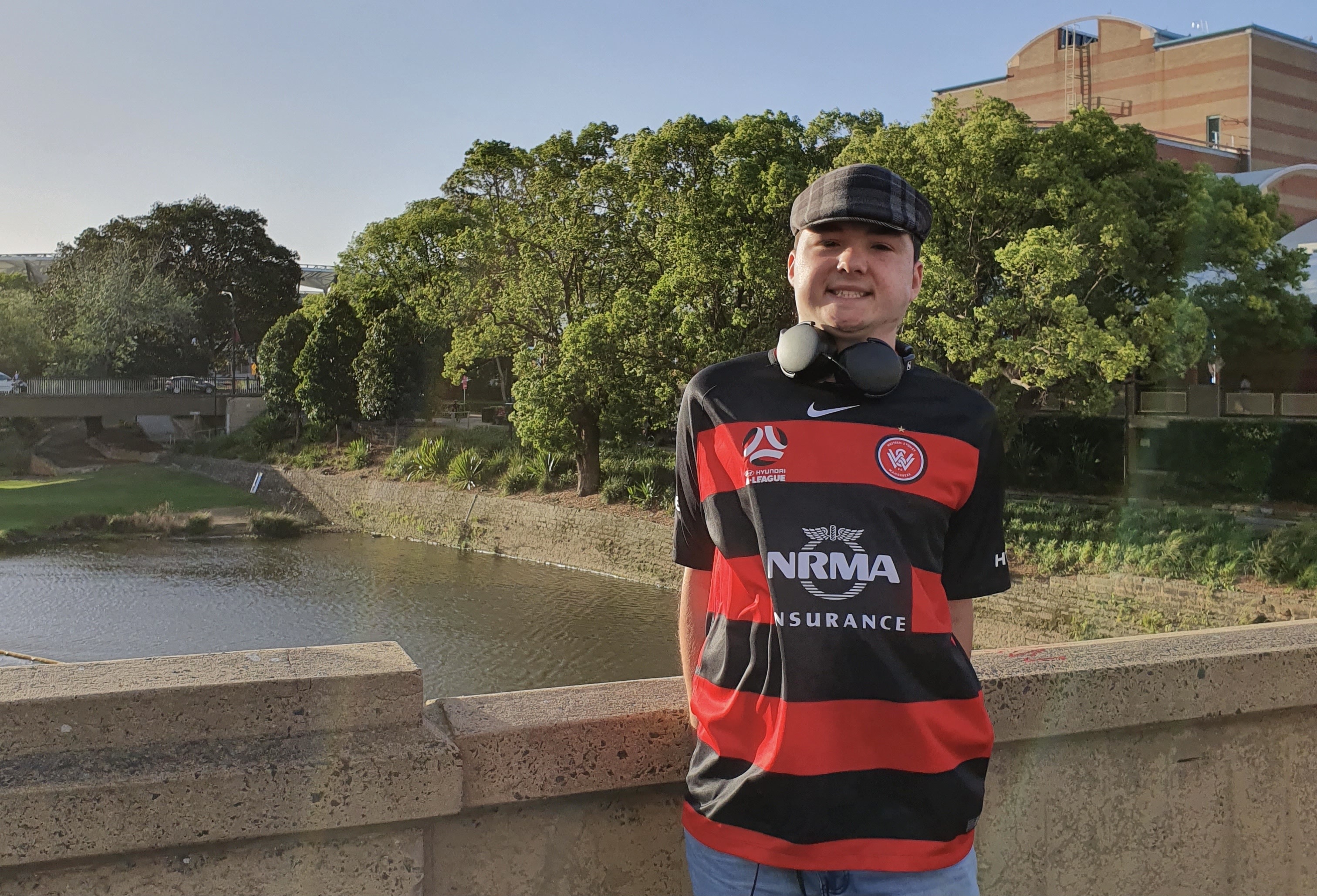Neurodiversity @ IBM
Joshua Maddison: A Solution Developer by Day and an Aviation Geek by Passion
“Give neurodivergent professionals a chance, if given the opportunity. We can do great things if organisations are
willing to help us succeed”
- Joshua Maddison, Solution Developer, Global Cloud Acceleration Team

Tell me a little about yourself.
I was born and currently reside in Sydney, Australia. After high school, I spent three years studying a Bachelor of Information and Communications Technology at Western Sydney University, before entering the job market.
What is your role at IBM?
I am a Solution Developer within the Global Cloud Acceleration Team (GCAT). This role involves helping clients find out how they can put their workloads onto the IBM Cloud and basically “teaching them how to fish” on our cloud. It’s a very interesting role and I’m always finding myself learning new things in order to help clients to the best of my ability.
How long have you been at IBM?
I’ve been at IBM A/NZ since the end of January 2020. Having to transition to a work-from-home environment after only a month or so in the office has been a very interesting experience so far, but I am still trying to make the most out of it.

What are some interesting projects you’ve worked on during your time at IBM?
In my time with the GCAT team, I’ve been able to work on a variety of different pieces of work. I’ve helped a client overcome hurdles in migrating some of their workload to IBM Cloud from a competitive cloud - of which there were a fair few.
I’ve also been involved in helping clients improve their current infrastructure setup or migrate to newer platforms on our cloud. I have supported some internal sandbox networking migrations for other IBM teams as well.
How does technology or the work you do at IBM impact society?
Technology impacts society by bringing everyone closer - and I think the COVID-19 pandemic has brought that point home significantly by proving that people can still stay together, even when physically apart! Technology can also safeguard the online resources that bring people closer.
A vast majority of IBM Cloud’s infrastructure, software and database services can be made highly-available. If one resource instance (say for example, a server, database or a Python application) goes down, workloads are still available elsewhere on another resource instance either within the same geographical region or even elsewhere, in another region or continent. Our cloud infrastructure - namely our virtual servers and bare metal servers - can even be multi-zonal, meaning if one zone of a datacentre region goes down, the other zones of the same region will still be able to service requests for a workload residing on all zones within that region.

What does Neurodiversity Acceptance Month mean to you?
I’ve honestly never heard of Neurodiversity Acceptance Month before! But it is great to see events like this promote the belief that everyone (including neurotypicals) should accept people regardless of their cognitive abilities. It’s also an opportunity for neurodivergents to share their own stories of acceptance, as well as the challenges they have faced in achieving that along the way (and how others can help prevent these challenges for other neurodivergents in future).
What is an interesting fact about you that not many people know?
I am a bit of an aviation geek to be honest! My first career dream pathway was to become a pilot in the Royal Australian Air Force (RAAF), but my autism disqualifies me from any front-line role in the military. So, after high school I ended up going to university instead.
If you could give business leaders one piece of advice to better accommodate neurodivergent professionals and create more inclusive workplaces, what would it be?
My piece of advice to business leaders is to give neurodivergent professionals a chance if given the opportunity. We can do great things if organisations are willing to help us succeed, even if it is just to make a first step by hiring a few neurodivergents as part of a graduate intake.